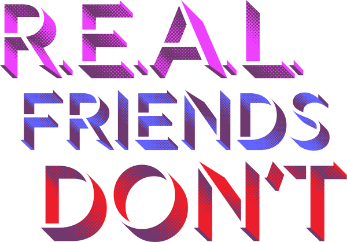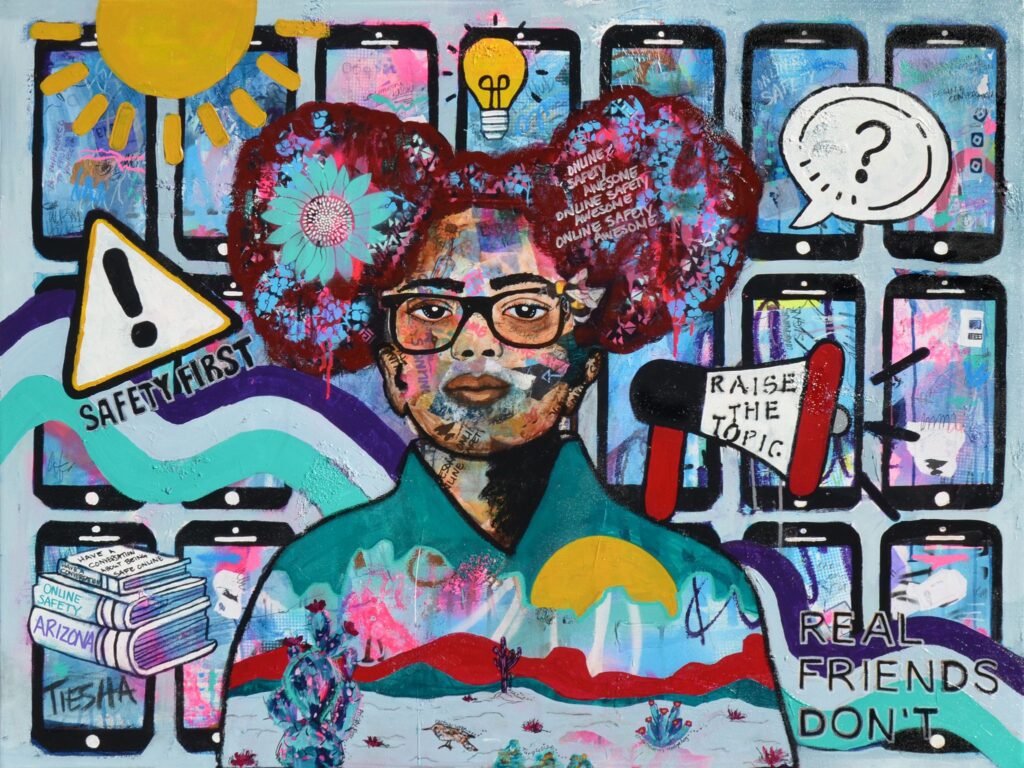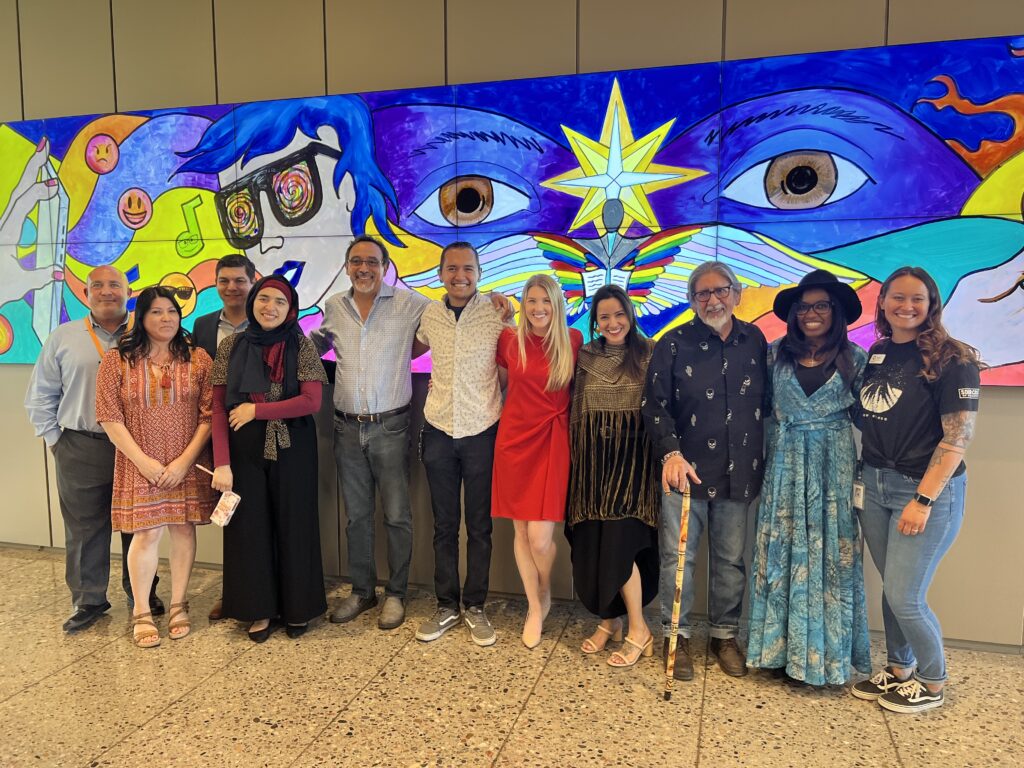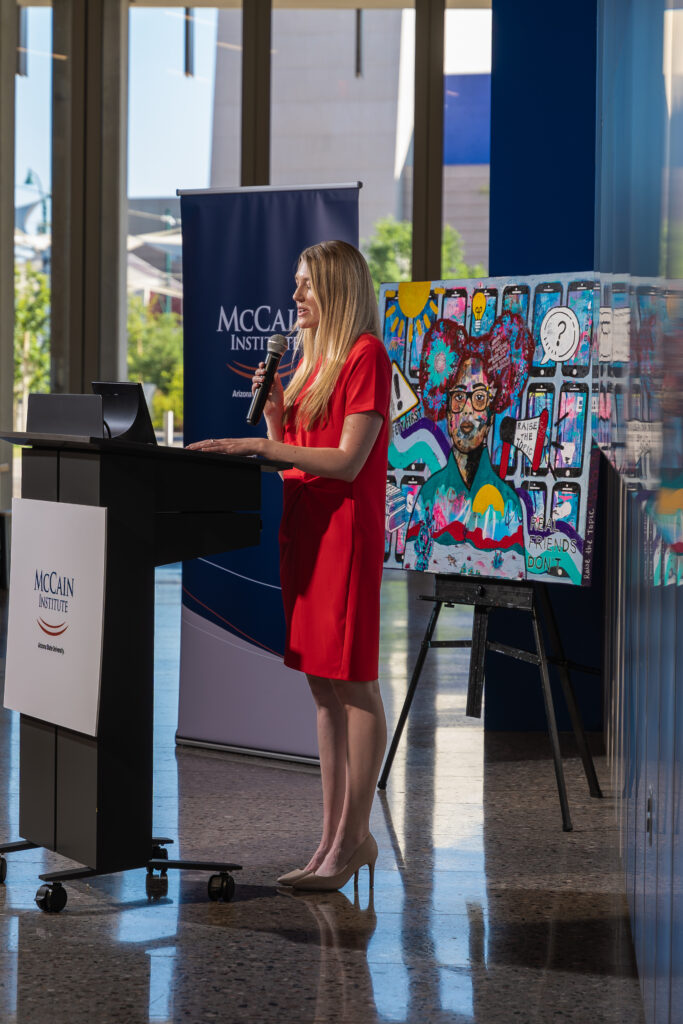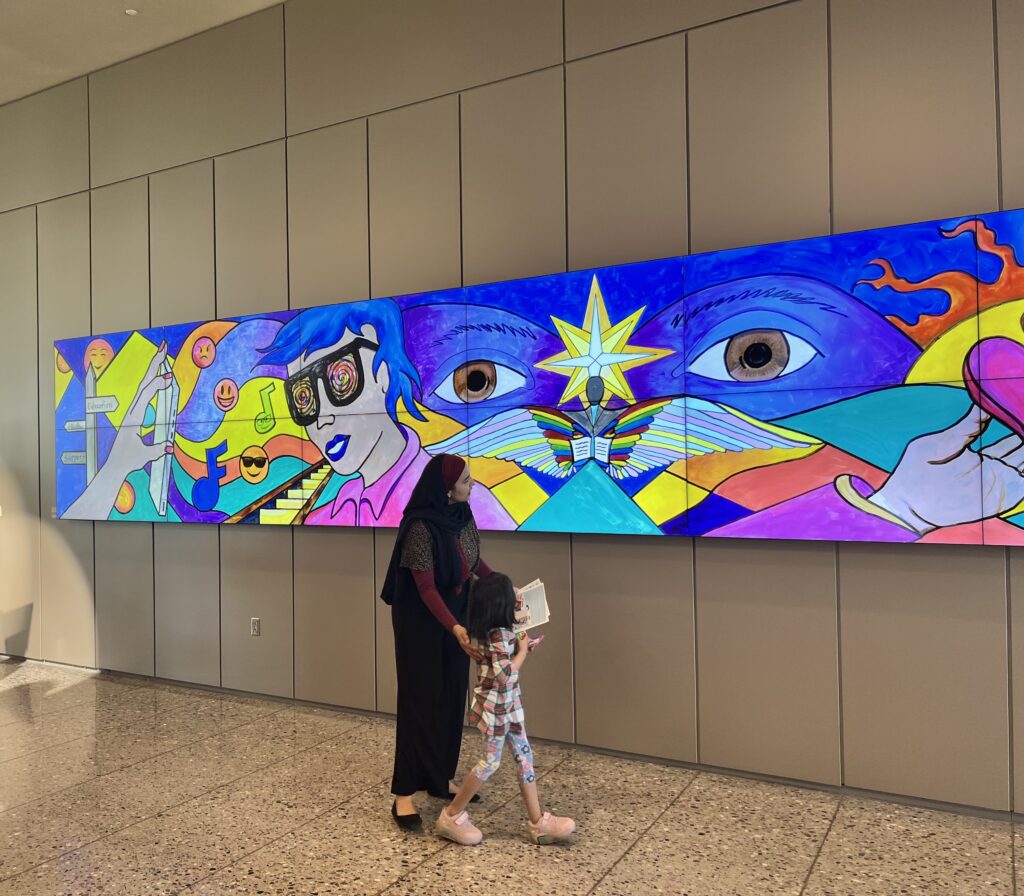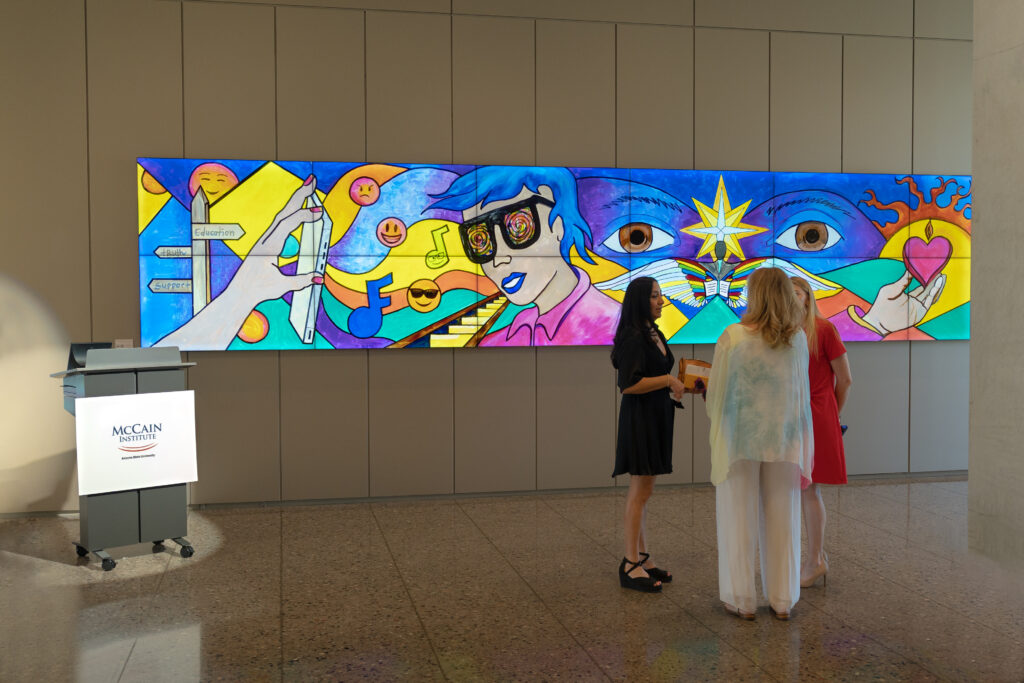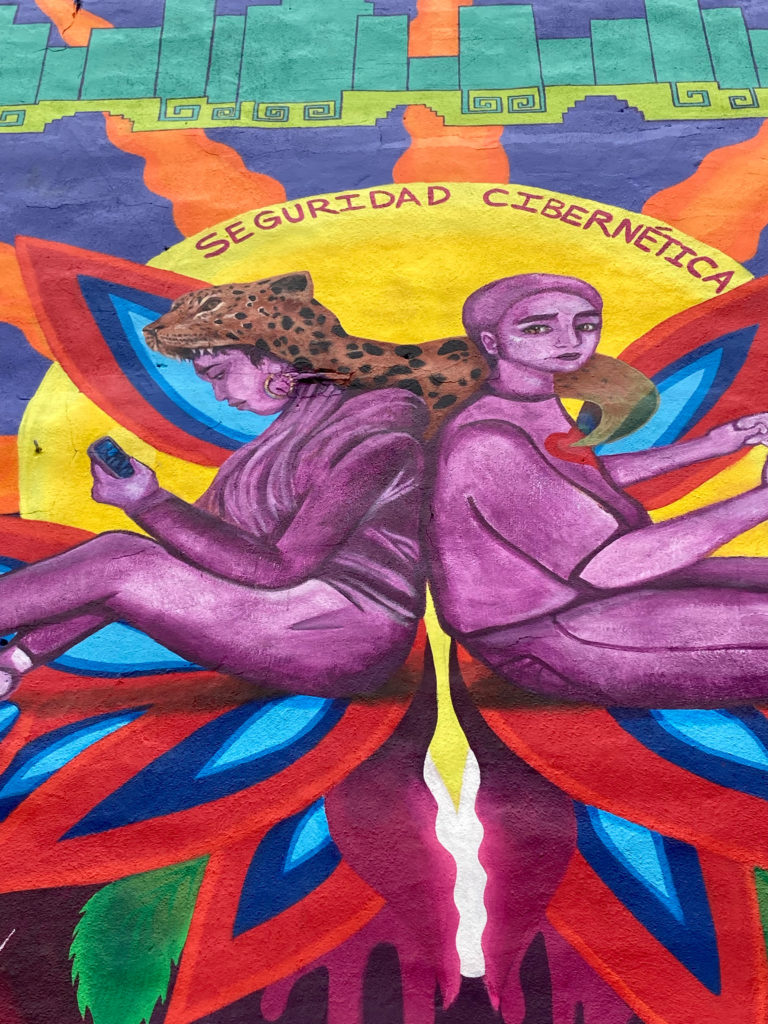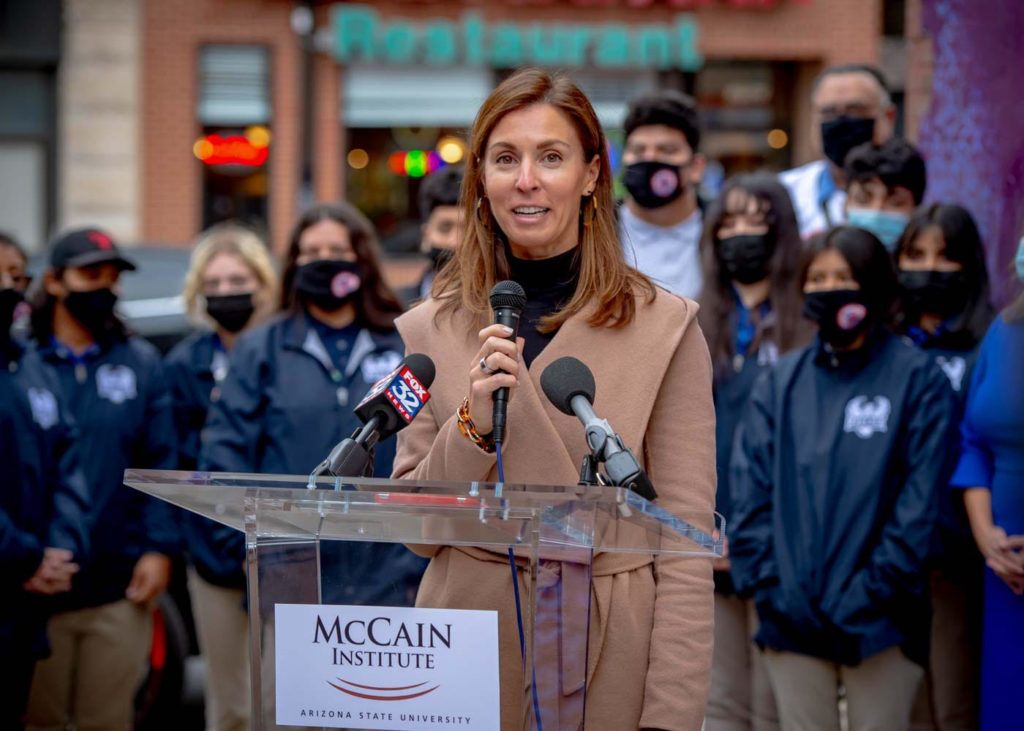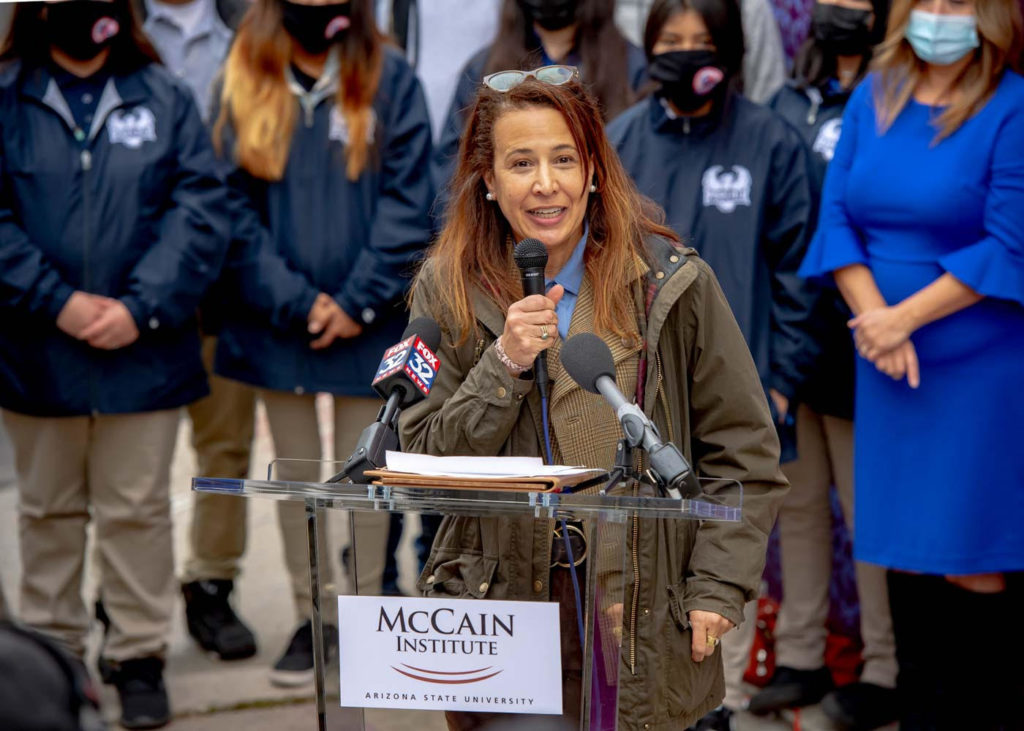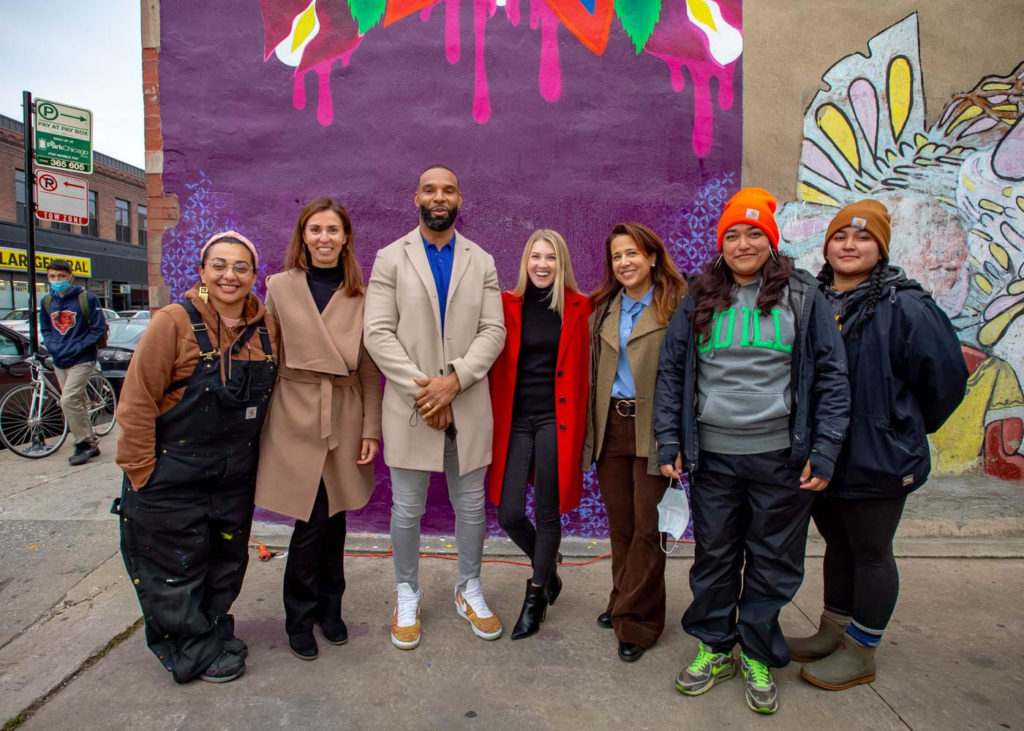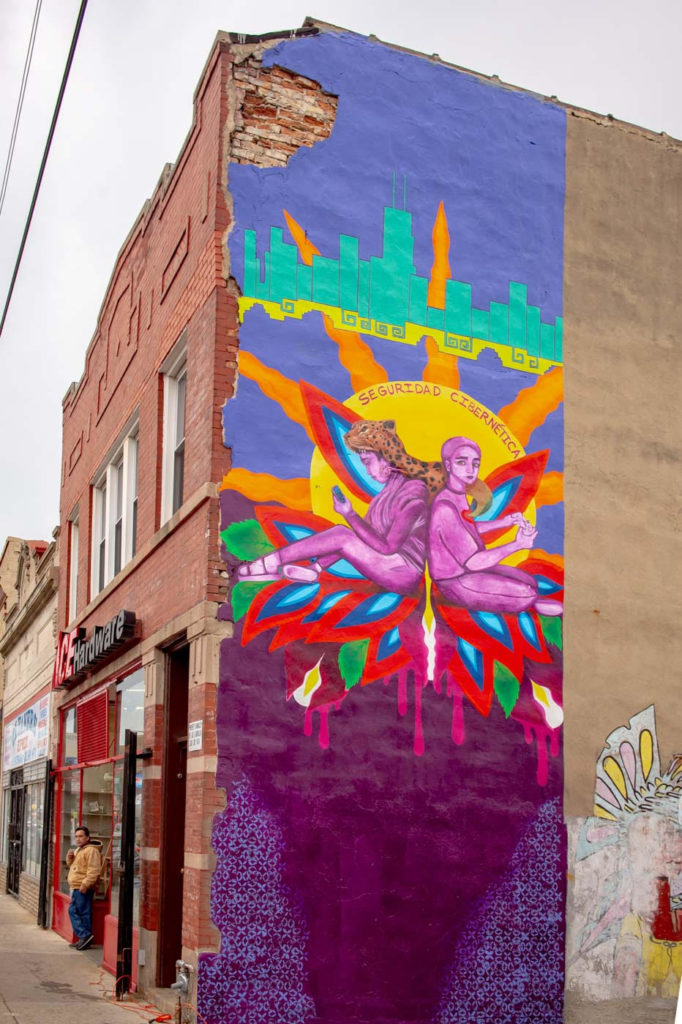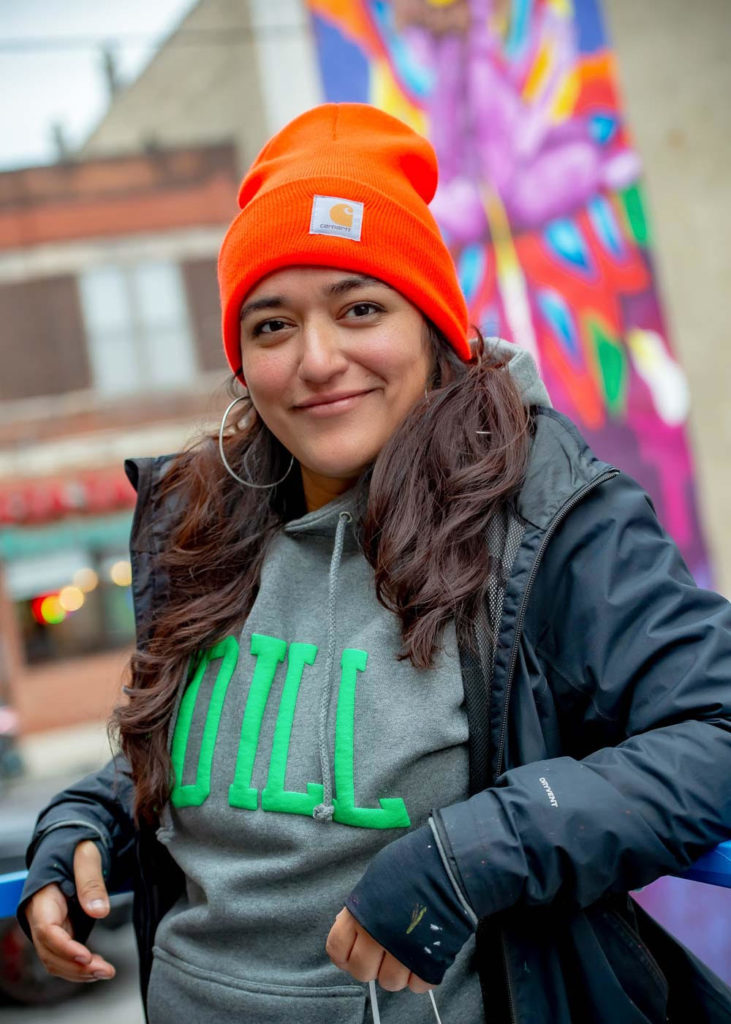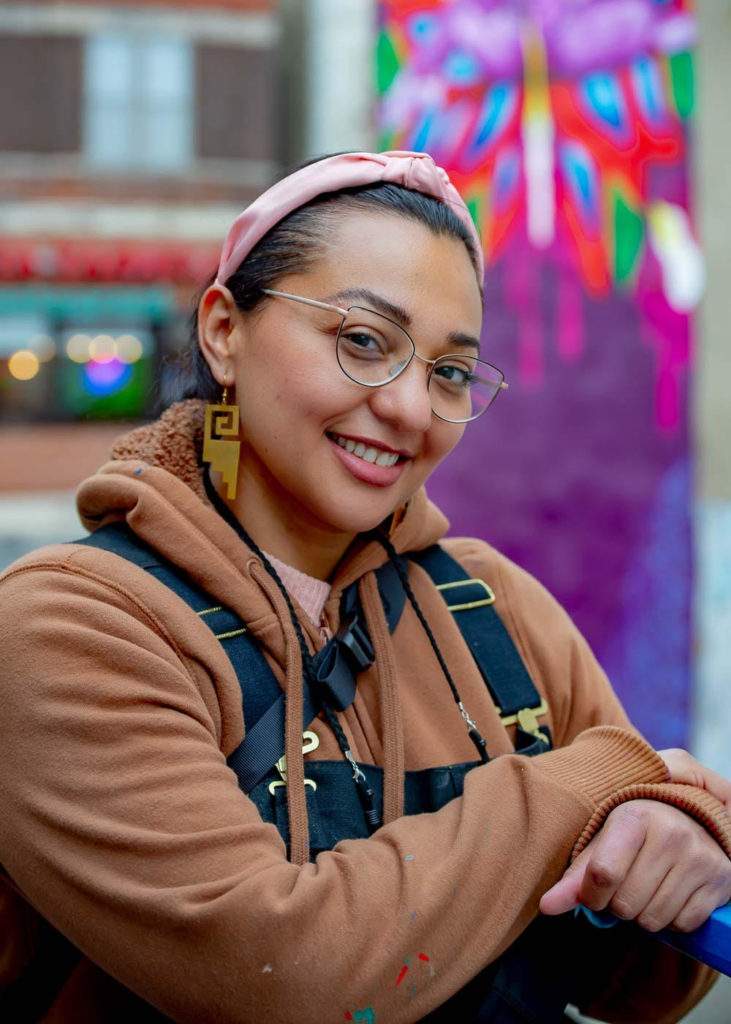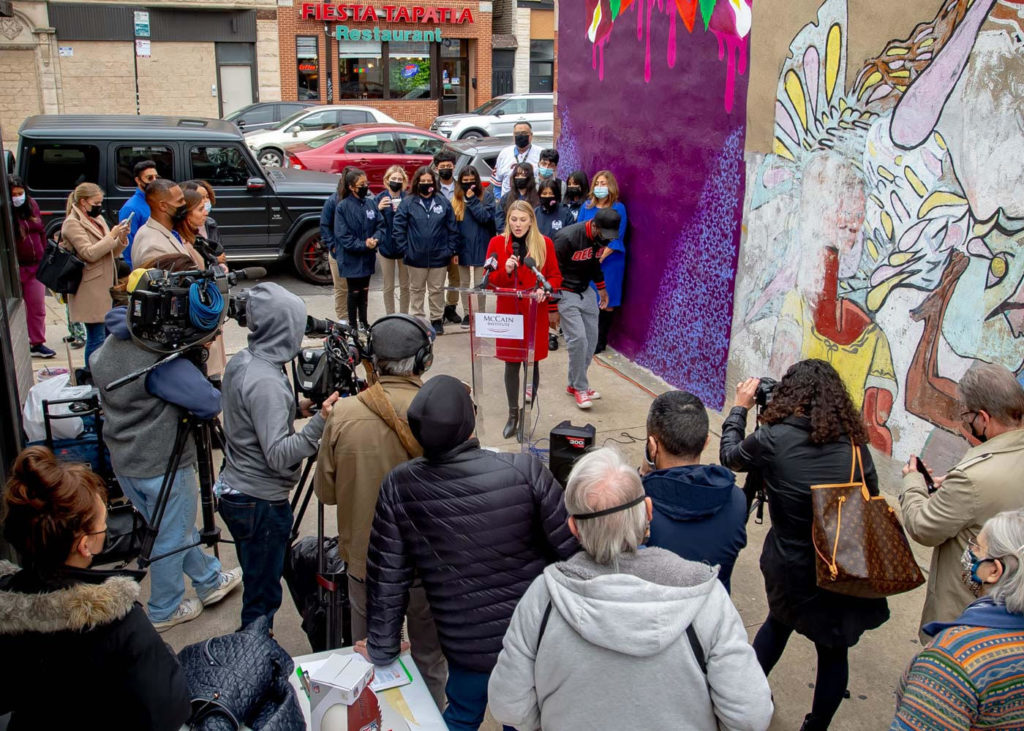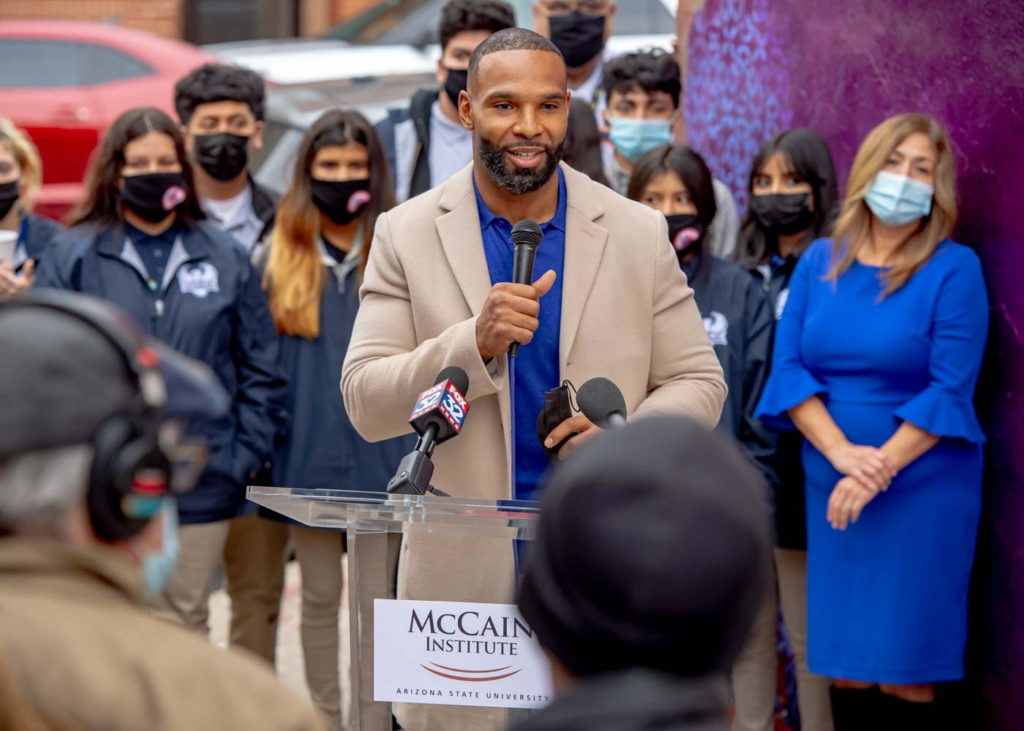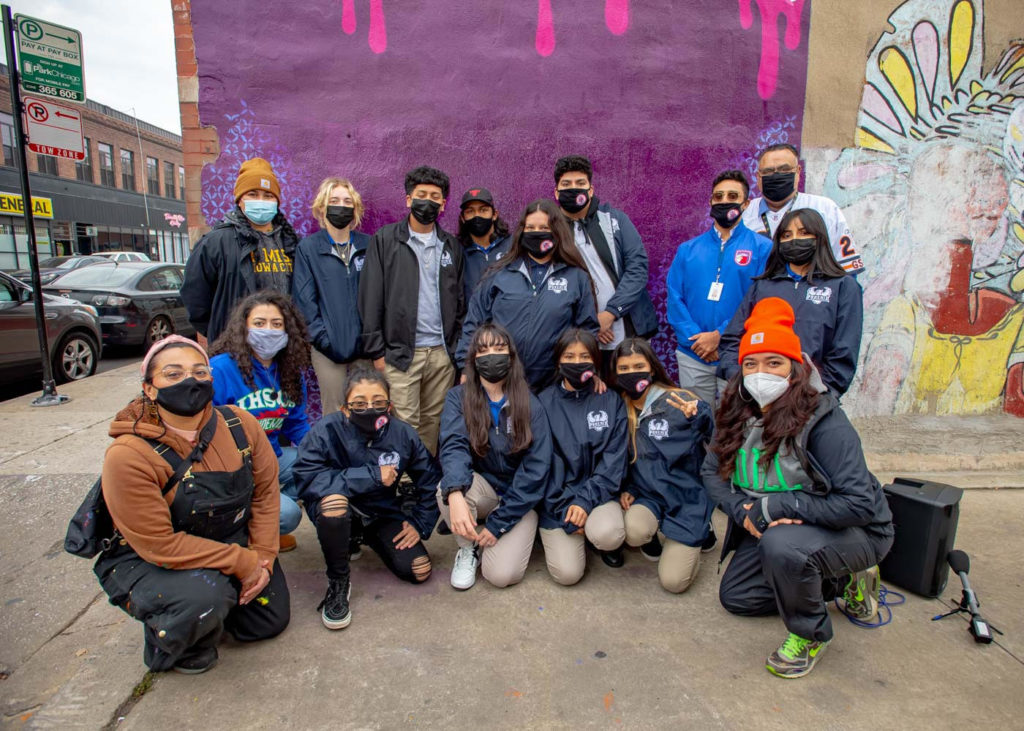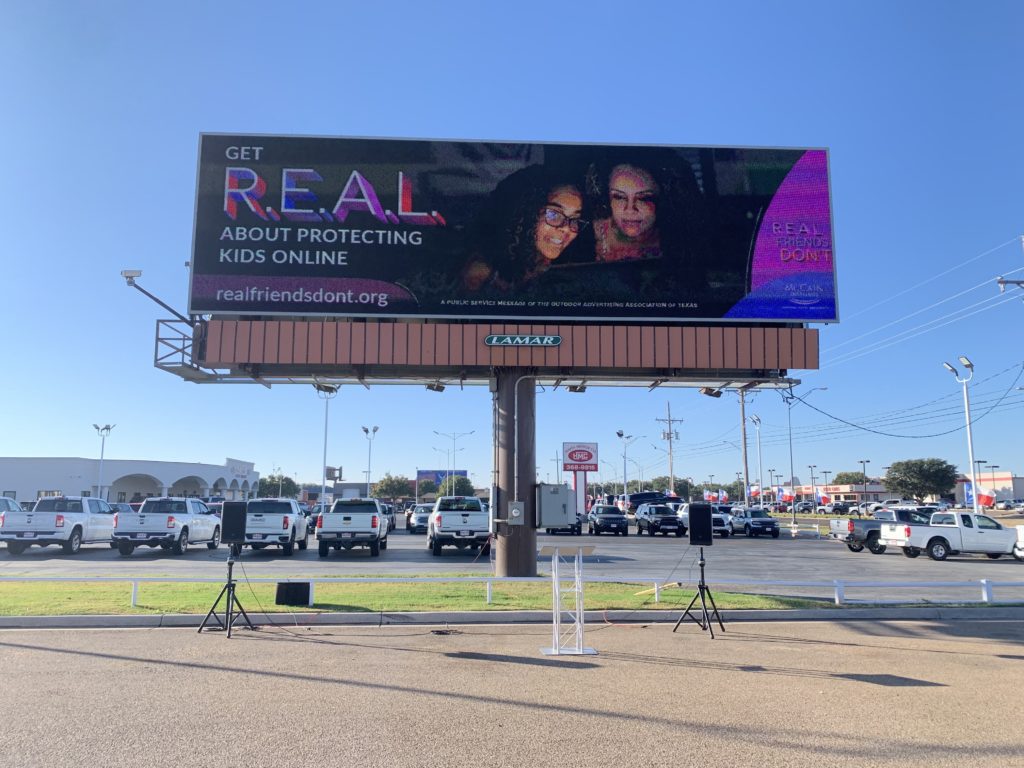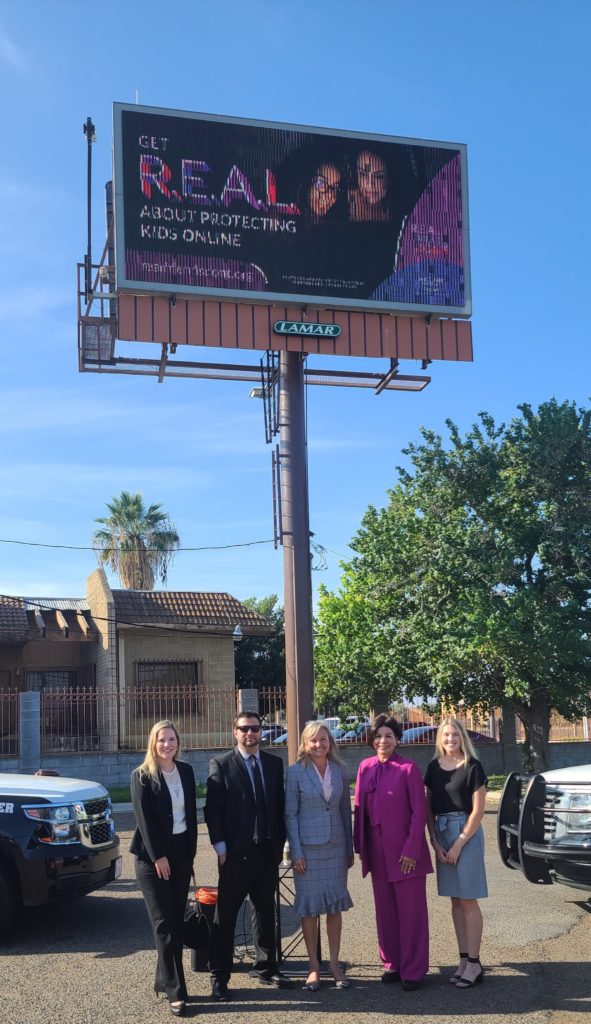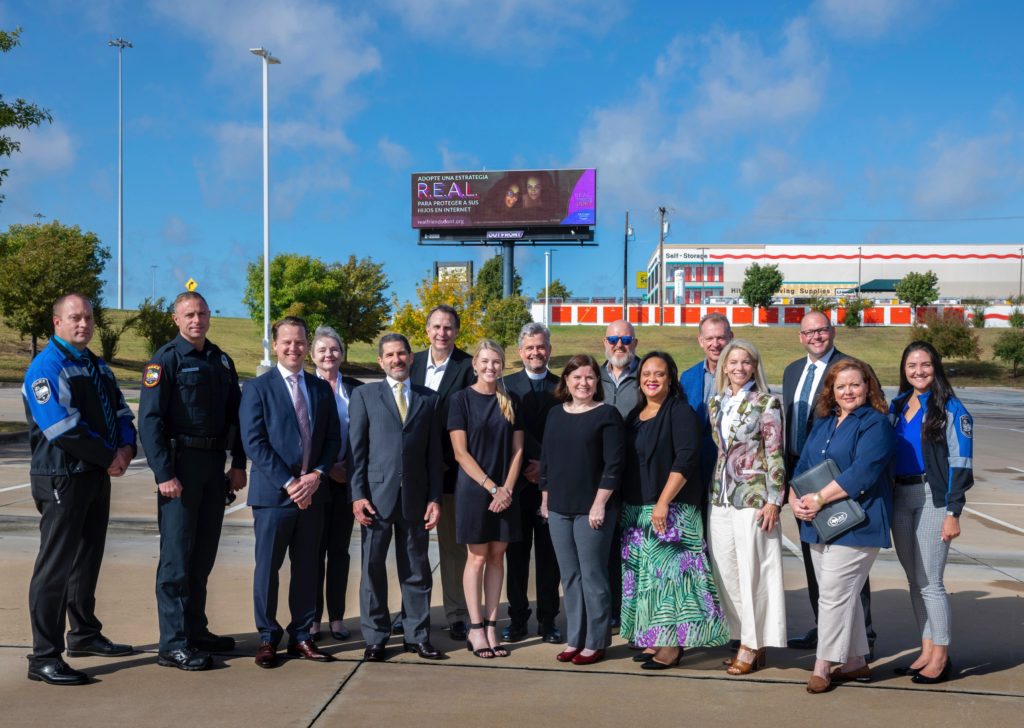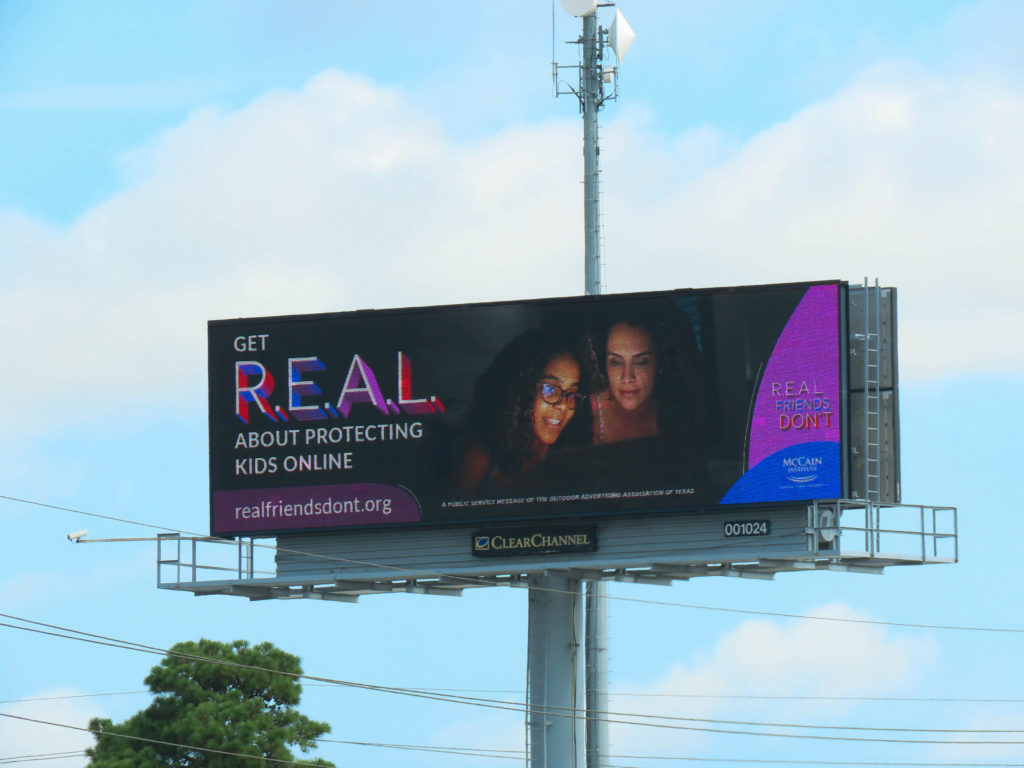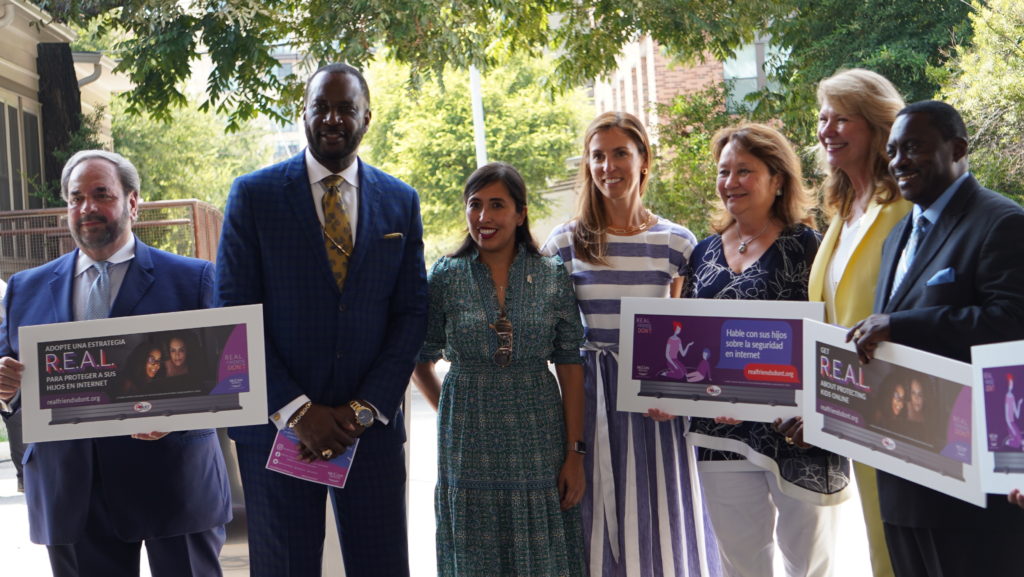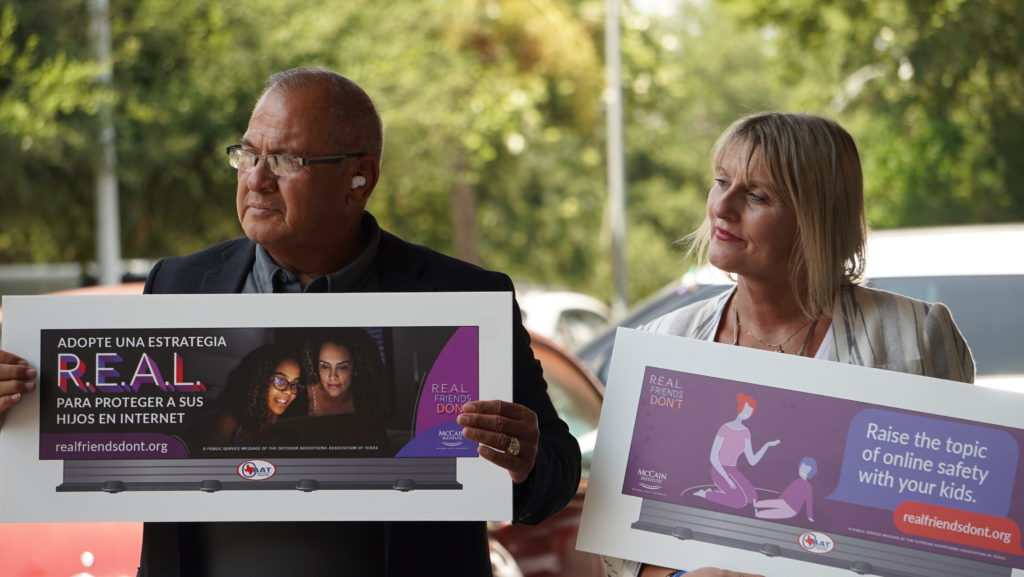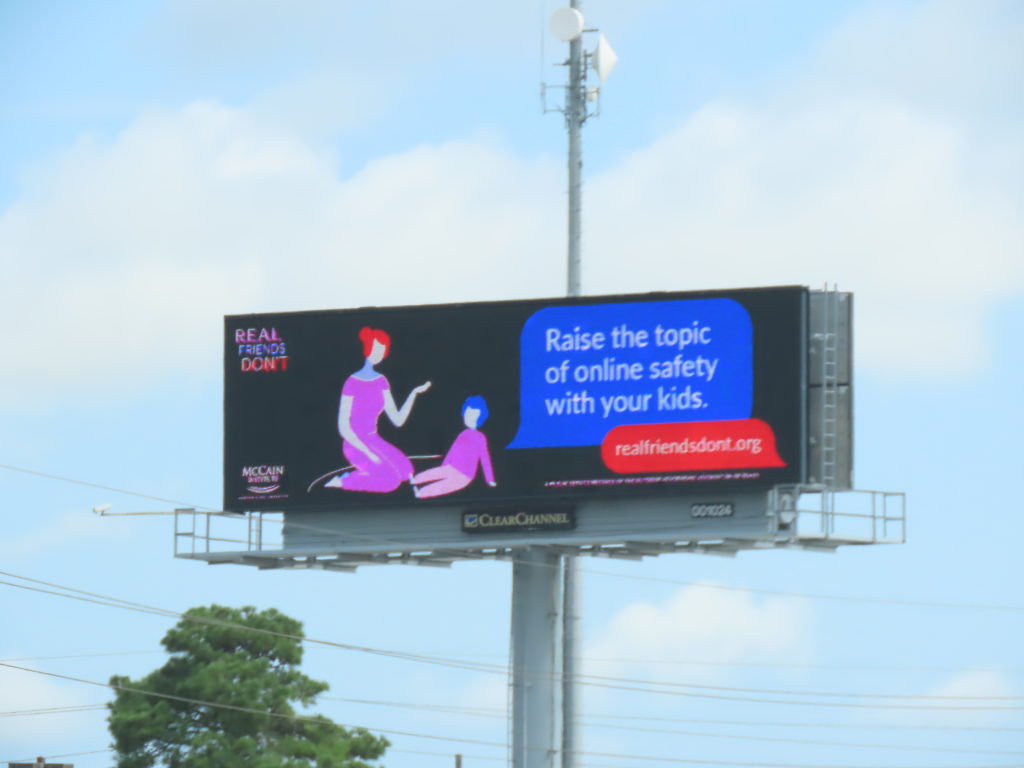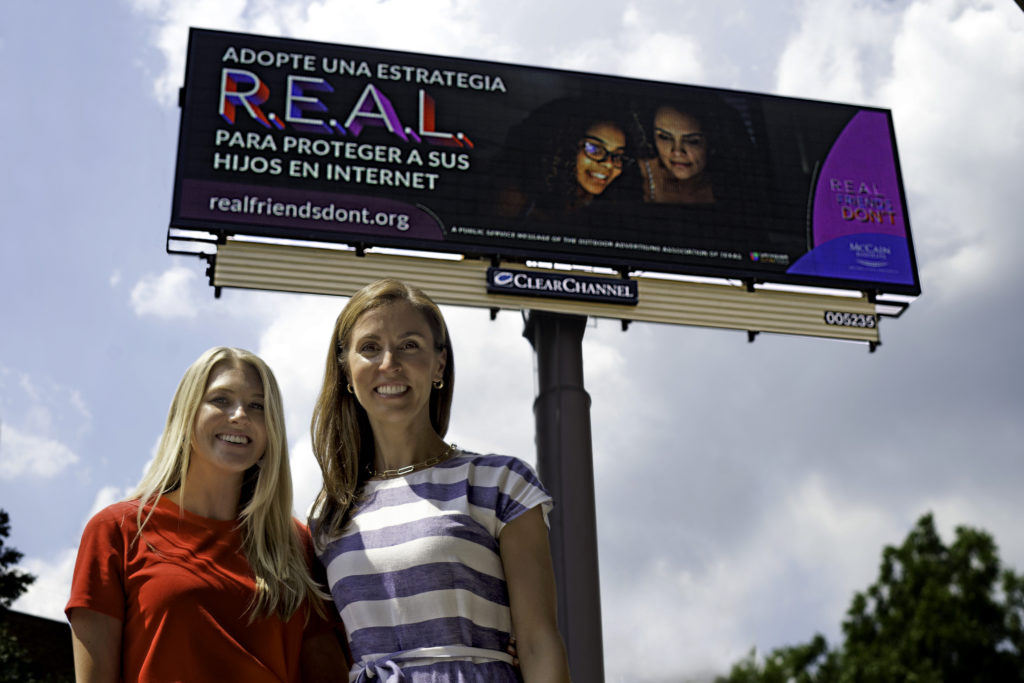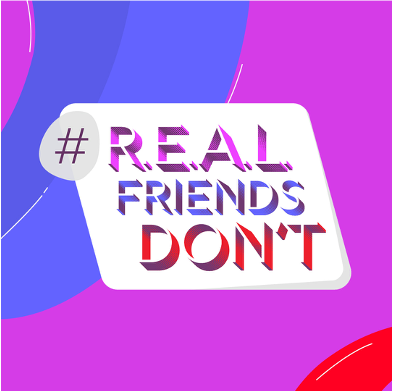McCain Institute study finds shortcomings in communication between caregivers and teens about internet safety
Teens want to talk about the issue and parents know they should…but they just don’t.
Parents and caregivers unfamiliar with gaming and streaming platforms.
As more focus is being placed on how much time teens spend on the internet, specifically social media and gaming – new research from the McCain Institute’s R.E.A.L. Friends Don’t campaign spotlights just how little parents and teens are actually communicating about the potential dangers that exist online. The study, titled The R.E.A.L. Talk: What parents and teens know they should be talking about, but aren’t, uncovered a serious lack of important conversations happening between parents and their kids regarding online grooming and risky behavior like sexting and sharing nudes.
“The findings from this research highlight what experts in the online exploitation and human trafficking fields have long warned would happen due to increased time spent online during the pandemic. Our work confirms the urgent need to get accurate, actionable information about online safety into the hands of parents and teens,” says Kelsey Syms, program manager of Combatting Human Trafficking at the McCain Institute. “The R.E.A.L. Friends Don’t campaign serves as a go-to resource for parents and teens and remains committed to creating space and developing tools and resources to help users safely navigate the digital world.”
Released in conjunction with National Internet Safety Month taking place throughout June, the findings shine a light on the need for more dialogue surrounding these important issues. According to the research, almost half of parents and caregivers (45%) haven’t talked to their kids about sexting and sharing nudes online, and over a third (36%) said they haven’t discussed online grooming with their child. Yet, over 90% of caregivers believe these three topics are at least somewhat important to discuss with their children, including 8 in 10 caregivers who say they are “very important,” exposing a concerning discrepancy between parents’ beliefs and actions.
Additionally, the study found that many parents are alarmingly in the dark about gaming and streaming platforms where chats with strangers often take place. Platforms like Minecraft, Roblox, and Discord had the highest gap between caregiver familiarity and minor usage.
The McCain Institute identified significant barriers that must be overcome in order to create substantive dialogue on safe internet behavior. For instance, the main obstacle preventing parents from discussing sexting and sharing nudes with their children is the belief that their child is too young for such a conversation. And among those parents who have discussed the topic of sexting or sharing nudes, the risk of embarrassment was a top concern about having the discussion. Meanwhile, among minors, more than 25% feel that their caregivers’ unwillingness to talk about sexting or grooming is the main reason why they haven’t had these conversations.
“Having a conversation with your child about safe online behavior is more important than ever,” said Kristen Abrams, senior director of Combatting Human Trafficking at the McCain Institute. “As a parent, I recognize that it can be uncomfortable or challenging. However, it is vital that our kids know they can look to us for guidance and seek help if something goes wrong or makes them feel uncomfortable.”
Key statistics
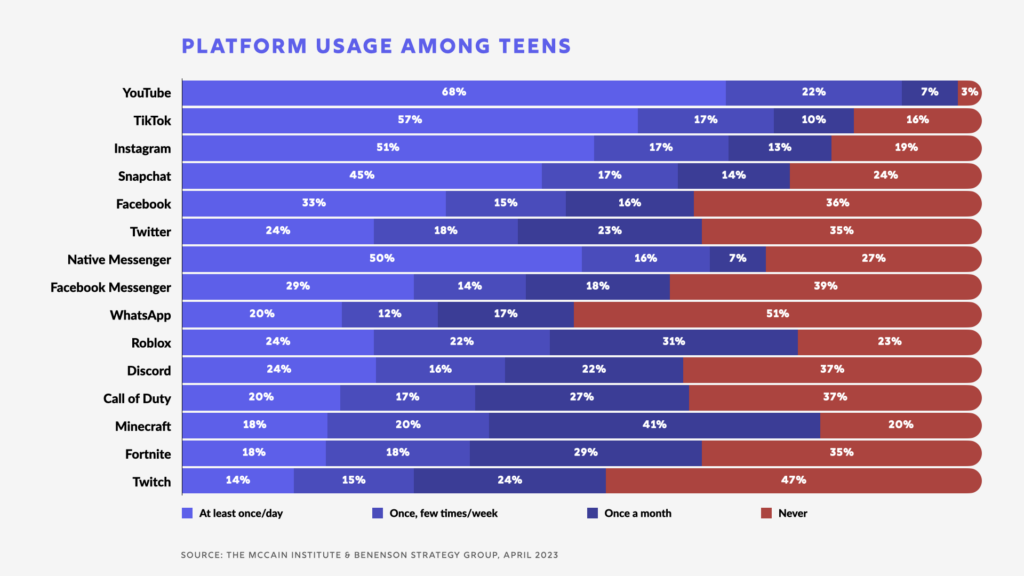
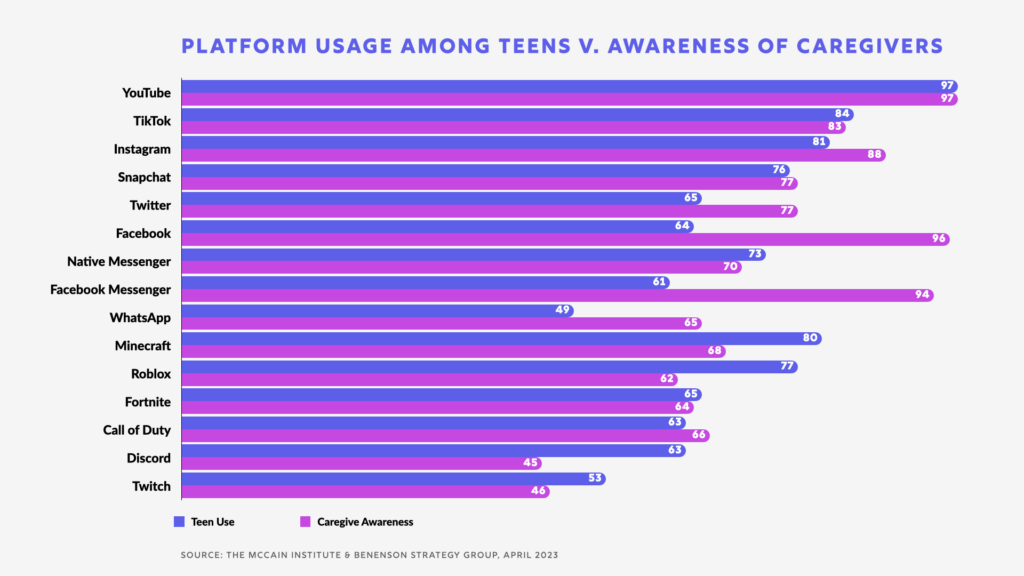
About the study
The nationwide study included 600 online interviews with minors aged 13-17 and 805 online interviews with parents and caregivers of 9-17-year-olds. The margin of error for the minors audience is ±4.0 at the 95% confidence level, while the margin of error for the caregivers audience is ±3.5 at the 95% confidence level. The margin of error for both audiences is higher among subgroups.
About R.E.A.L. Friends Don’t
The R.E.AL. Friends Don’t campaign increases awareness and educates parents, caregivers, and young people about online safety, and empowers parents to protect their children from harmful content, grooming, or online exploitation. The campaign employs an integrated suite of activities to reach those most at risk ranging from an online resource hub to billboards to influencer-driven social media campaigns, and public art.
About the McCain Institute at Arizona State University
The McCain Institute is a nonpartisan organization inspired by Senator John McCain and his family’s dedication to public service. We are part of Arizona State University and based in Washington, D.C. Our programs advance democracy and human rights, empower character-driven leaders, combat human trafficking, and prevent targeted violence. Our unique power to convene leaders across the global political spectrum enables us to make a real impact on the world’s most pressing challenges. Our goal is action, not talk, and like Senator McCain, we are fighting to create a free, safe, and just world for all.
About Arizona State University
Arizona State University has developed a new model for the American research university, creating an institution that is committed to access, excellence and impact. ASU measures itself by those it includes, not by those it excludes. As the prototype for a New American University, ASU pursues research that contributes to the public good, and ASU assumes major responsibility for the economic, social and cultural vitality of the communities that surround it.
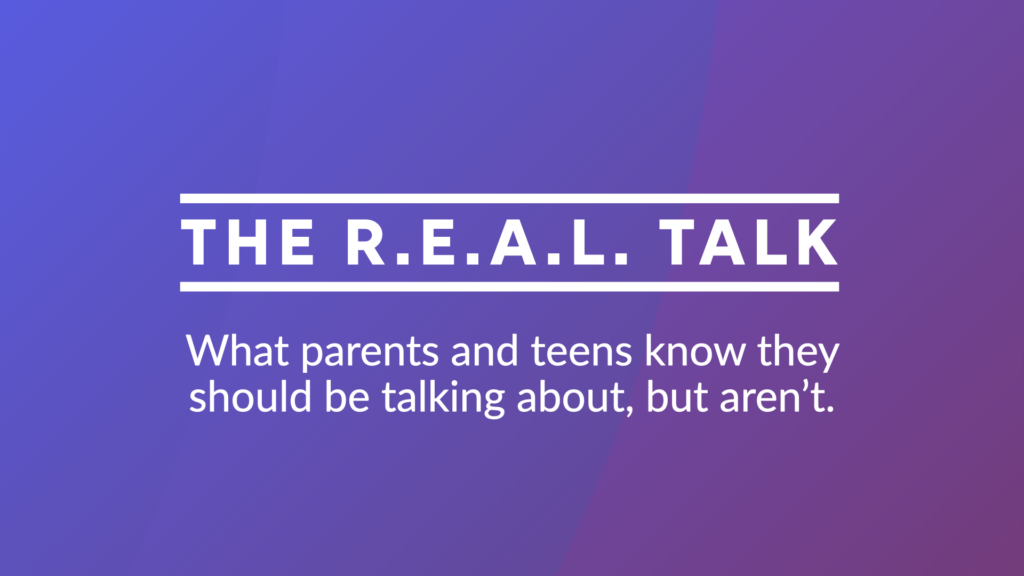
Want more information?
